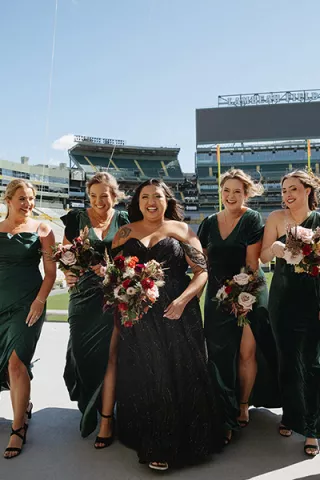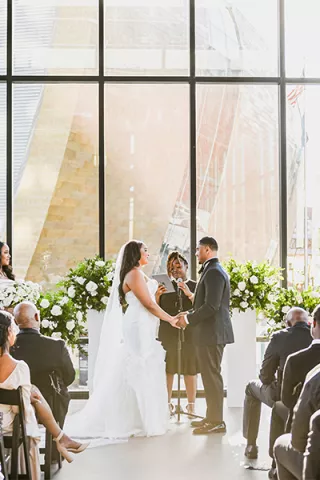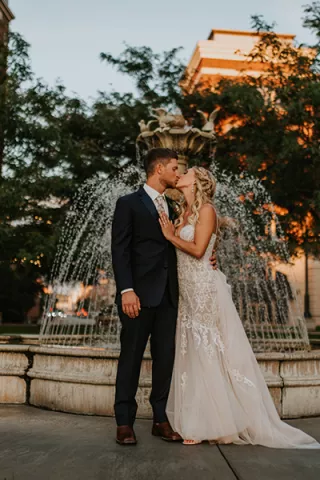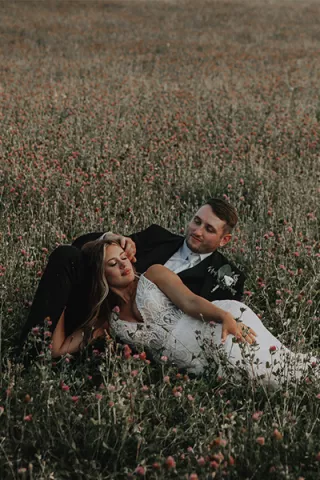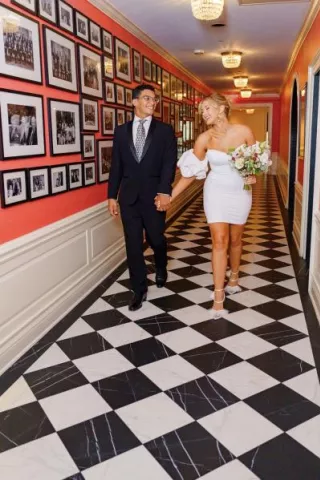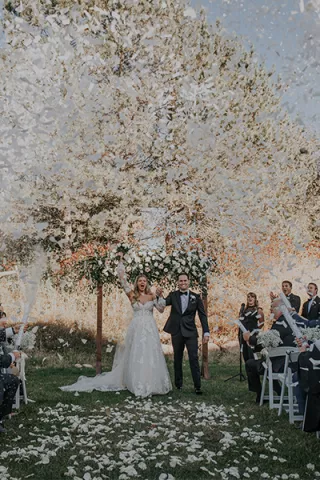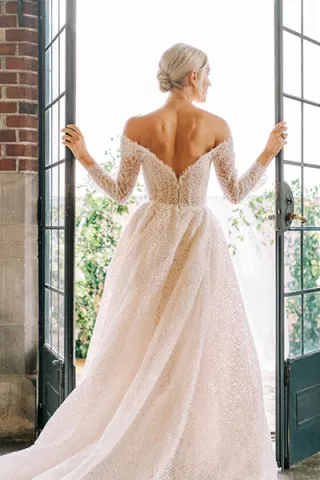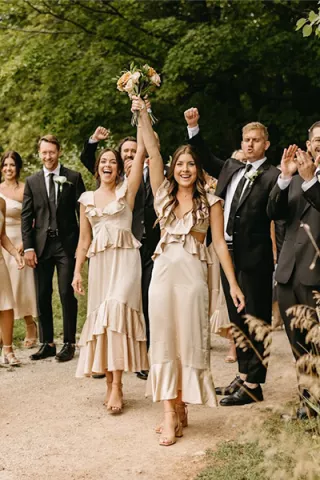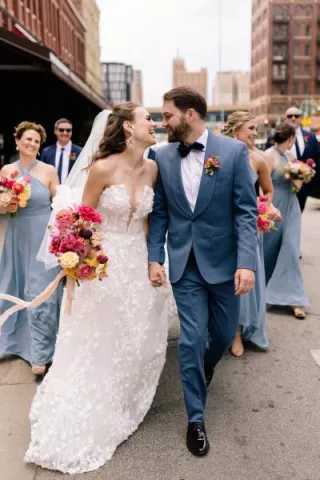There are always two sides to every story. And then there’s what’s written in black and white in the contract. Most people have lawyers review the big contracts in their lives, like a mortgage, but when it comes to the myriad of agreements, contracts, and arrangements couples make for their weddings, smart, sensible people sometimes lose their way in a maze of handshake deals, email exchanges, and polite understandings.
In 2015, CNN reported that the average cost of a wedding in the United States had risen to $31,213. That number is the sum of a lot of different things like flowers, cakes, invitations, and photographers. Each of those individual line items on a wedding budget should have its own agreement with a vendor. With that much money at stake, contracts are more important than ever.
What to look for
It is important to understand some basics of contract law. The ingredients of a contract are an offer and acceptance, plus consideration (payment or other thing of value in exchange.) In a typical wedding example, a florist agrees to provide flowers and deliver them on a certain date (offer), the couple agrees (acceptance) and in exchange will pay $1,000 by a certain date (consideration.)
Of course, many contracts are more complicated than that, with many different terms and conditions. Don’t get swept up in the emotions of the happy day. Read every contract carefully. If there is something that doesn’t make sense, ask about it. If there is something you don’t agree with, don’t sign the contract until you have worked out an acceptable modification in writing.
Here are important items to pay close attention to in every wedding agreement:
-Date and time: Check, check, and recheck that all of the dates and times are correct.
-Minimums and guarantees: Know what those minimums are and fully understand what happens if you don’t meet them.
-Cancellation and refund policies: Things happen. Plans change. Be prepared in case you need to cancel or make a change.
What if something goes wrong?
It is inevitable that something won’t go as planned, whether it is before, during, or after the wedding. Maybe the yellow roses turned out to be pink. Or the videographer realized she had double-booked herself and cancels the week before. The pictures were promised in September and now it’s November.
First things first: check the terms of the contract. See exactly what was promised and look for language about remedies for damages.
Try to resolve any problems quickly. At the first sign of trouble, contact the vendor and start working on solutions. Don’t put if off. If the newlyweds are too busy, or too overwhelmed, then they should rely on a trusted friend or family member or their wedding planner to start the process.
Small claims court
If a quick and private resolution isn’t possible, small claims court might be an option for legal enforcement of the contract or resolution of the dispute. Each state court has its own maximums for disputes, ranging from $3,000 in Arkansas to $25,000 in Tennessee. (Click here to check AVVO’s legal guides for the maximum in your state.)
If the amount in dispute exceeds the maximum in your state or if the contract has a mandatory arbitration clause, it’s time to consult a contract attorney. But if the dispute involves deliberate negligence or wrongdoing, you’ll want to contact an attorney who handles personal tort actions.
Contracts are good for vendors, too
Written agreements protect both parties. So the agreements are not just good for the wedding couple, but good for the wedding vendors, too. Often, however, vendors start as a small operation—say making wedding cakes at home—and don’t have a lot of experience with contracts. That’s where a relatively new category of lawyer comes in, the wedding lawyer. These attorneys have developed their practices to help wedding businesses and design appropriate vendor contracts.
“Let’s face it, despite the grandest of plans and grandest of romances, there are some couples that get cold feet and decide not to go through with the marriage,” writes Robert Schenk, a wedding lawyer and trial attorney, who provides resources for wedding and event professionals at Wedding Industry Law. “This is the nightmare scenario for both the wedding professional and the client!”
Keeping track of agreements and making sure everything is in a clearly written contract will help smooth out the planning process, allow the couple to relax and enjoy the big day, and, if necessary, provide a roadmap for resolving any issues.
Bio: Leigh Raper has a degree in English Literature from the University of Miami and a JD from Pepperdine University School of Law. She received her MFA at the UCR-Palm Desert program for Creative Writing and Writing for the Performing Arts. She writes fiction and blogs about pop culture, as well as items from the world of labor and employment law. Leigh also writes for AvvoStories, brought to you by Avvo, the leading online legal marketplace connecting consumers and lawyers. Avvo’s free Q&A forum with more than 9 million questions and answers, along with on-demand legal services that provide professional counsel for a fixed cost, make legal faster and easier.


